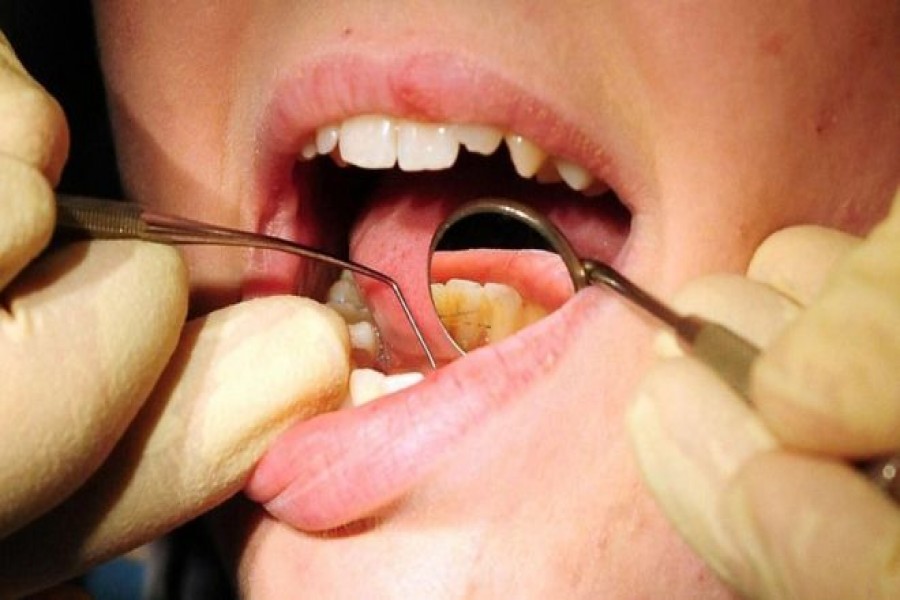A top court has ordered a man to pay his mother almost $1m for raising him and funding his dentistry training.
The mother in Taiwan signed a contract with her son in 1997, when he was 20 years old, stating he would pay her 60 per cent of his monthly income after qualifying.
She took him to court after he refused to pay her for several years, reports BBC.
The son argued it was wrong to demand a financial return for raising a child, but the court ruled the contract valid.
He has been ordered to make back payments, as well as interest, to his mother.
The mother, identified only by her surname Luo, raised both her sons after she and her husband divorced.
Ms Luo said she had spent hundreds of thousands of dollars funding both her sons through dentistry school, but became worried they would be unwilling to care for her in old age.
Subsequently, she signed a contract with both of them stipulating they would pay her a portion of their earnings as repayments for the school fees, up to a total of $1.7m.
The elder son reached an agreement with his mother and settled the contract for a smaller amount, local media report.
However, the younger son, identified by his last name Chu, argued that he was very young when he signed the agreement, and the contract should be considered invalid.
Mr Chu also argued that he had worked in his mother's dental clinic for years after graduating and had helped her make more than the amount he was now ordered to pay her.
A Supreme Court spokeswoman told the BBC the judges had reached their decision mainly because they thought the contract was valid since the son was an adult when he signed it and was not forced to do so.
Under Taiwan's civil code, adult offspring have the responsibility to provide for their elderly parents, although most parents do not sue if their children fail to take care of them in old age, the BBC's Cindy Sui in Taipei reports.
This case is seen as particularly unusual because it involves a parent-child contract, our correspondent adds.


